Achieving a win in Norland is no small feat. It’s a game where managing your noble family, defending your kingdom, and balancing a web of diplomacy, trade, and warfare all collide. You’re not just focused on expanding your territory or building a big army—this game demands that you keep your family members loyal, your citizens fed, and your enemies either at bay or under your thumb.
From my own experience, I’ve come to realize that a “win” in Norland is more about surviving and thriving in the chaos than about achieving a single victory condition.
So, how do you actually win in Norland? Here’s what I’ve learned through a lot of mistakes, some of which ended in the total collapse of my kingdom.
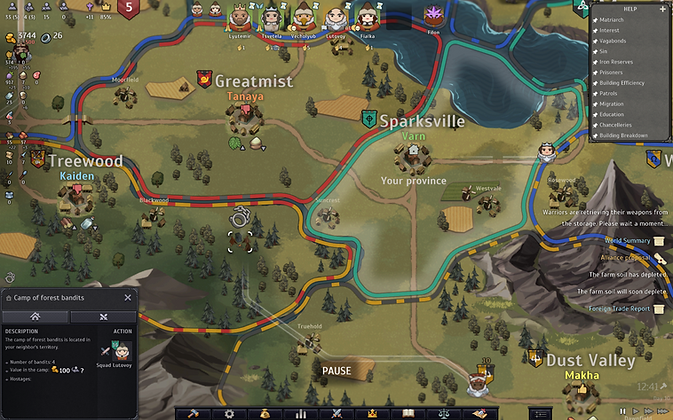
Balancing Family Dynamics and Leadership
First things first: your noble family is the heart of your kingdom. In my first few playthroughs, I didn’t fully grasp this, and boy, did it cost me. I figured I could just assign roles and let the rest take care of itself, but no. Norland wants you to manage family dynamics, which is crucial if you want to avoid backstabbing, rebellion, or simple dysfunction.
Your family members aren’t just figureheads; they have individual personalities, strengths, and weaknesses that impact how your kingdom runs. If you promote a family member who’s power-hungry or jealous of another, you could unintentionally spark a civil war within your own court.
I learned this the hard way when I promoted a younger sibling over the eldest—thinking I was being clever by choosing the more competent brother—only to have the older sibling start plotting my downfall. Not a great look for the family dinner table, let me tell you.
Tips for Managing Your Family:
- Play to their strengths: Assign roles based on individual skills. If someone is a natural diplomat, send them out on peace missions. If they’re a strong fighter, make them your general. Don’t promote based on birth order or favoritism—go with competence.
- Keep everyone happy: If you have too many lords, start marrying them off or assigning them minor but meaningful responsibilities. A bored or underutilized family member is a ticking time bomb.
- Mitigate rivalries early: Rivalries and feuds are inevitable in a noble family, but don’t let them fester. Address issues head-on by giving each family member a clear role that aligns with their ambitions, and try to keep the peace where possible. If a rivalry gets out of hand, you might have to exile or strip titles, which can create chaos in your kingdom.
Managing Resources and Economy
Your kingdom can’t function without a stable economy. This is one of the most crucial aspects of Norland, and managing your resources properly can make or break your game. Early on, I made the classic mistake of focusing too heavily on building an army without ensuring my economy could support it.
Soldiers are expensive, and without enough gold coming in, my once-thriving army fell apart because I couldn’t pay them. Prioritize taxes, trade, and production to ensure you have the income to fund your expansion.
Key Economic Strategies:
- Prices: Keep prices for goods moderate to avoid revolts but high enough to keep your treasury full. You don’t want to overtax your citizens, or you’ll face unrest. I found that increasing the cost of goods slightly before a big war gave me the funds I needed without tipping my population into rebellion.
- Trade: Take advantage of the global market. Depending on the region and resources available, you can make a killing by exporting goods that are in demand. In one game, I built a strong economy by trading luxury items with nearby factions while keeping my people satisfied with basic goods. Don’t underestimate the power of trade alliances, either—these can bring in a steady stream of income without the risk of war.
- Production Chains: Build workshops that can turn raw materials into more valuable goods. Don’t just harvest wheat—turn it into bread and sell it for a higher price. The same goes for wool and clothing or ore and weapons. The more value you add to your resources, the richer your kingdom becomes.
Diplomacy and Alliances
One of the coolest aspects of Norland is how important diplomacy is to winning. You can’t just rely on brute force to expand your kingdom—you’ll need to make deals, form alliances, and occasionally betray someone to get ahead. But be careful: alliances can be fragile, and betrayals have long-lasting consequences.
In one game, I thought I could get away with double-crossing a neighboring faction. Not only did I lose the alliance, but they rallied other factions against me. I ended up defending my borders from multiple attacks at once. Let’s just say it didn’t end well.
Tips for Effective Diplomacy:
- Marriage alliances: Use your noble family to form alliances through marriage. This can solidify peace with rival kingdoms and give you an edge in diplomacy. I once married off a daughter to a neighboring lord, which secured me a key trade route I had been fighting for.
- Bribery works: Sometimes, bribes are the best way to get someone on your side. If a diplomatic option is too tough to negotiate, a well-timed bribe can turn the tide in your favor.
- Know when to backstab: While alliances are important, knowing when to turn on a former ally can help you seize power. Just be prepared for the fallout. I’ve pulled off a few betrayals where the reward outweighed the risk, but it’s always a gamble.
Warfare: When and How to Fight
War in Norland is inevitable, but it shouldn’t be your go-to solution for every problem. I’ve found that you can’t just rely on sheer numbers or charge into battle without a plan. Winning wars requires strategy, preparation, and timing.
Key War Strategies:
- Train a balanced army: You’ll need infantry, archers, and cavalry for different situations. In one game, I went all-in on infantry, only to be taken down by a well-prepared enemy with a strong archer force. Mix your units for better results.
- Defend your borders: Always have walls and towers built before you even think about expanding your territory. One time, I expanded too quickly, leaving my kingdom vulnerable to attacks from two sides. It didn’t take long for my borders to collapse without proper defenses in place.
- Pick your battles: Don’t get into unnecessary wars. Sometimes, it’s better to hold off on an attack and strengthen your economy and military first. I’ve rushed into battles thinking I had the upper hand, only to realize my economy couldn’t sustain a prolonged war. Time your attacks carefully, and make sure your kingdom is ready for the potential costs.
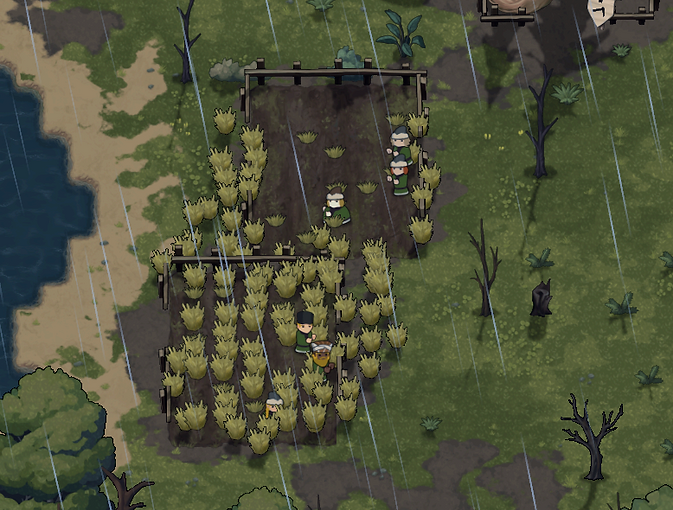
Conclusion: Getting a Win in Norland is About Balance
In Norland, victory isn’t a single moment—it’s the culmination of balancing family politics, managing a robust economy, navigating diplomacy, and knowing when to fight. There’s no one-size-fits-all strategy, but if you stay adaptable and plan ahead, you’ll find yourself outlasting rivals and expanding your kingdom.
The key to winning is understanding that survival is just as important as dominance. As I learned the hard way, it’s better to take things slow, build solid alliances, and strengthen your family before going all-in on expansion.
Stay flexible, stay sharp, and with the right balance, you’ll be in a position to conquer your enemies and rule Norland with an iron grip—just don’t forget to watch your back.


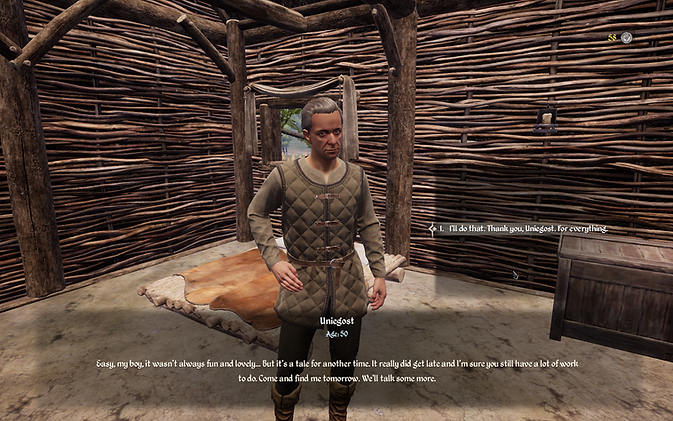
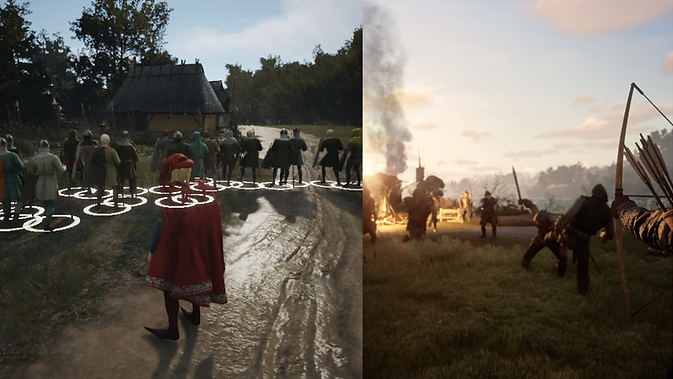

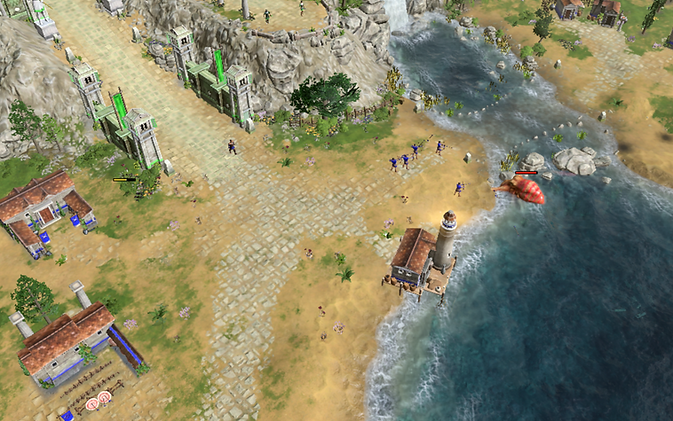
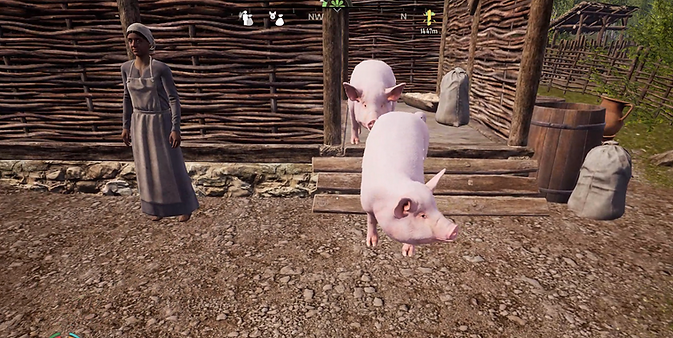
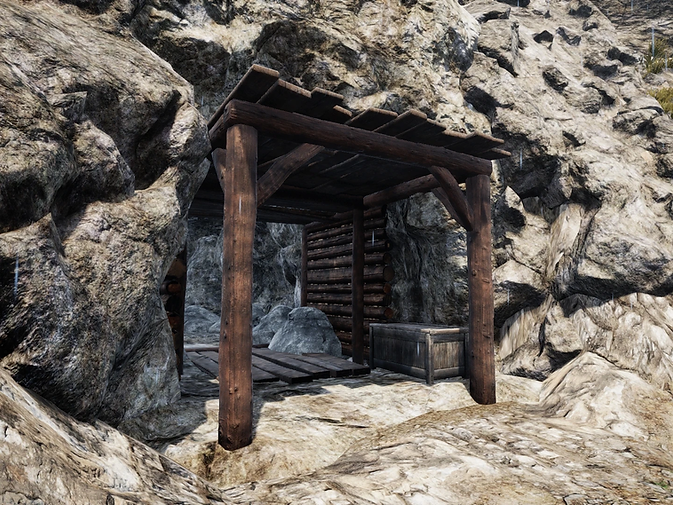

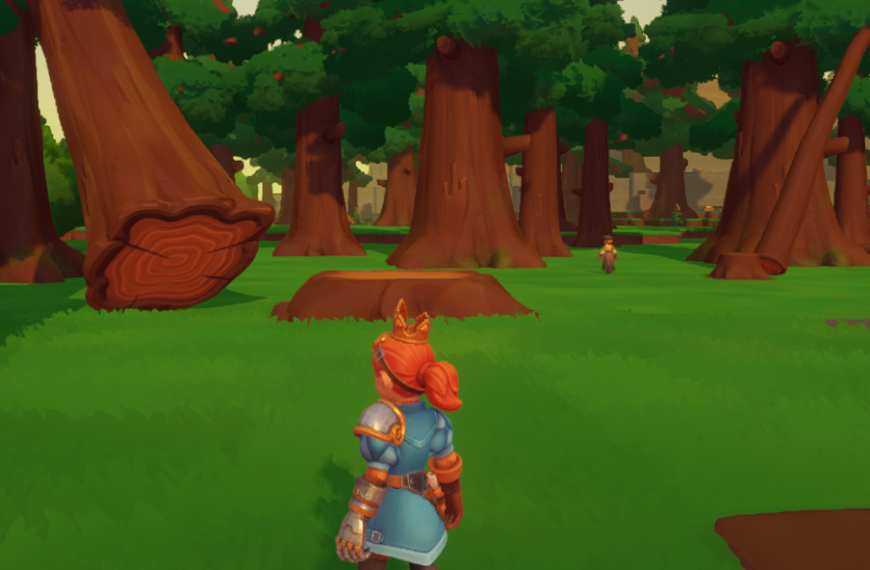


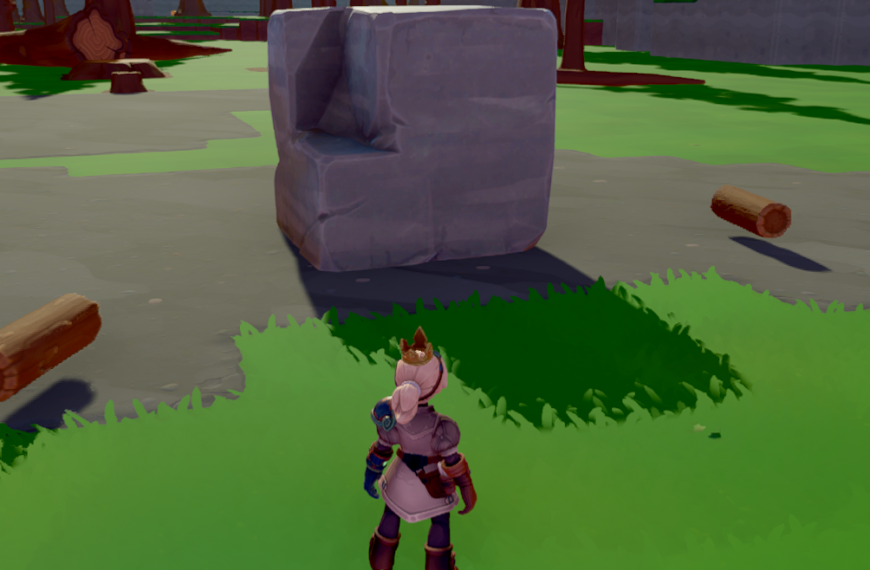
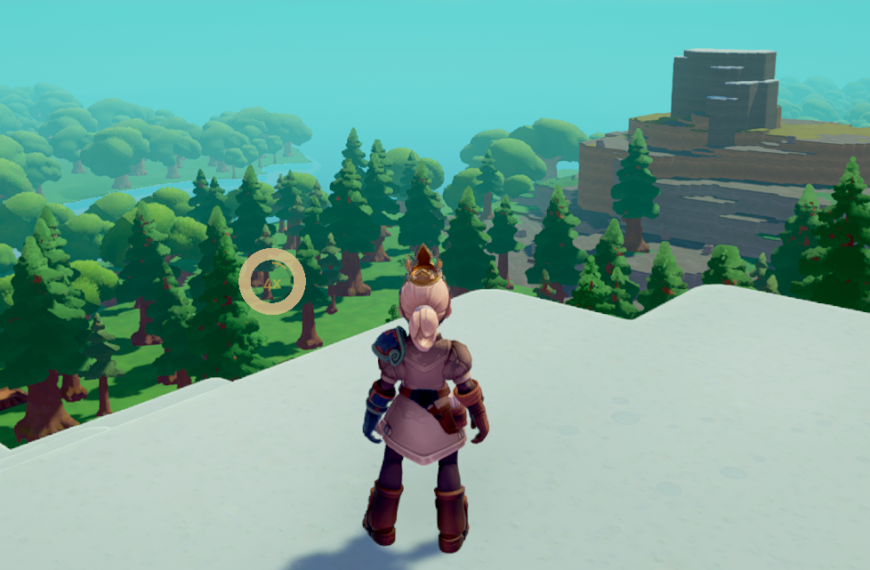


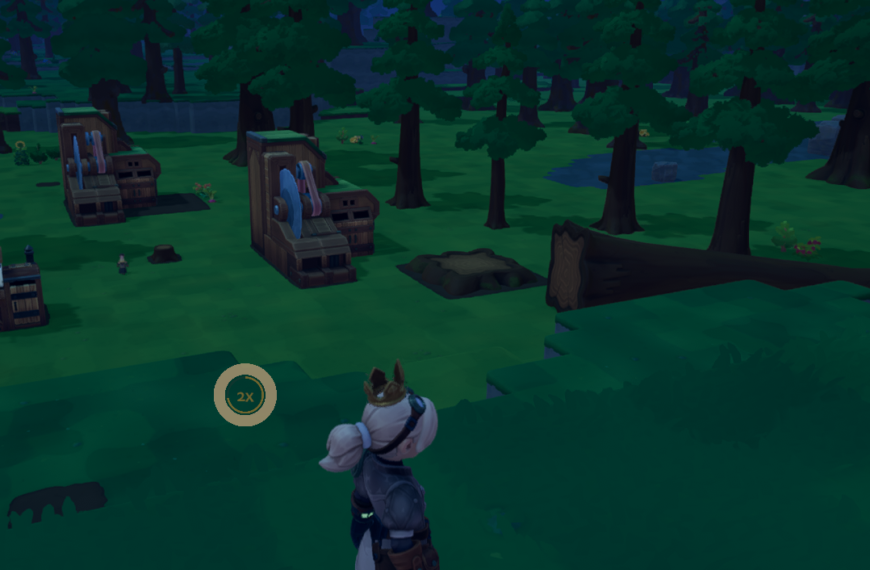
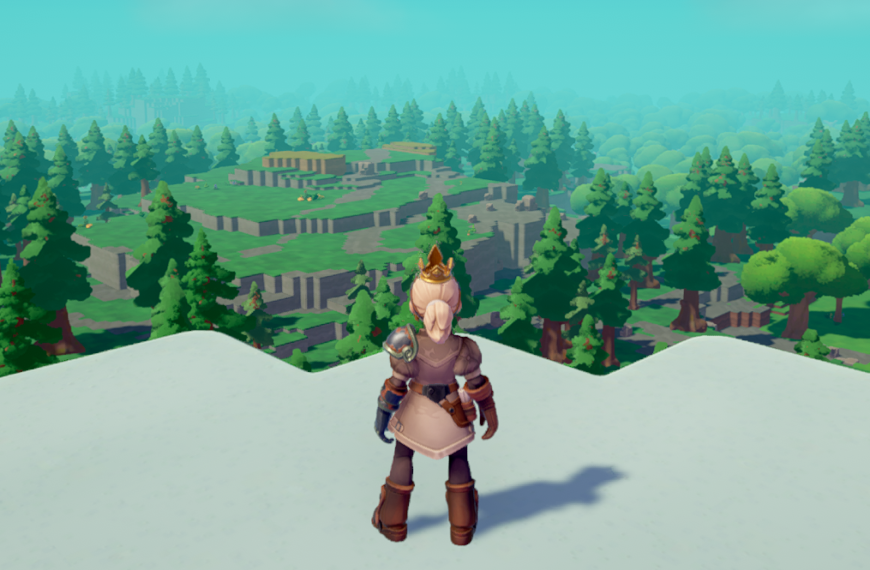
I feel like this game has so much potential and adding a fighting dome type of building would be cool thing to see. Example: having a 1v1 or 2v2 or 3v3, and etc between your army and prisoners/captives. You can equip the prisoners and or warriors with any kind of armor or weapon. This would boost morale between your peasants and lords who come to see and would also be a type of punishment for unlucky prisoners. Lords can also bet on the winner with rings.
That sounds like a great idea!